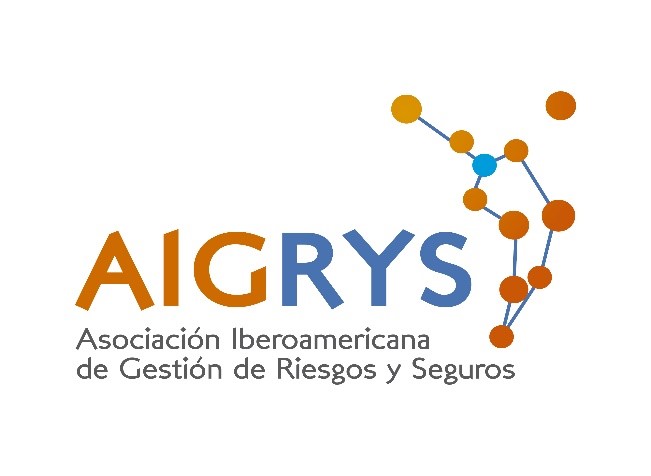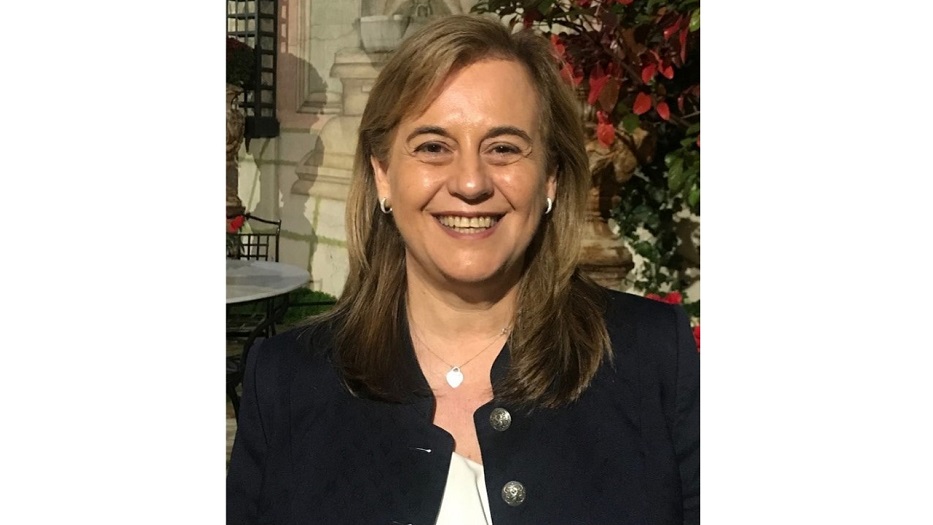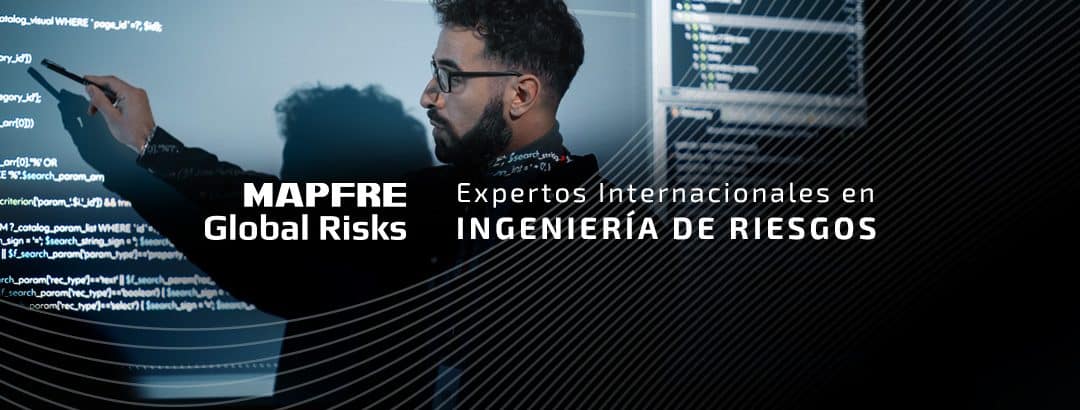admin | 06/11/2019
“We need to ensure everyone participates in the implementation of risk management in companies and be conscious of existing controls’ efficiency and effectiveness”
Founded in Bogotá in July 2017, the Ibero-American Association for Risk and Insurance Management (AIGRYS) brings together dozens of professionals to research and develop insurance and risk management standards and models. Its founder and honorary member, Isabel Casares, spoke with us about the profession and highlighted the progress in business awareness in this field throughout the world and, specifically, in Latin American countries.
1. How can risk awareness be improved in large companies?
The culture of risk existence in companies is increasingly important. We understand that risks are being managed, but there is a need for proper organization of the process so that everyone involved actively participates in the implementation of this management in companies. Existing controls’ efficiency and effectiveness should be known, particularly preventive controls. We must prevent these risks from taking shape.
2. Why is it essential for a large company to have a risk manager?
Risk managers in companies are responsible for management and coordination to ensure that the process is carried out throughout the organization and that policies and procedures are in place and are followed. Likewise, they fully coordinate with the other directors and those responsible for the areas in order to keep a dynamic process by appearing and holding an appropriate place in companies’ general organizational structure.
3. What are the main functions of risk managers?
Among others, the primary tasks of risk managers must be:
– Ensuring comprehensive, uniform, and coherent management of the risks to which the company is exposed, in order to coordinate, identify, evaluate, mitigate, monitor, and control the most significant risks, based on the policies and objectives established by the board of directors.
– Applying the overall risk appetite set by the board.
– Preparing the risk management report on the implemented process, as well as coordinating all of its’ associated information and data flows.
– Promoting compliance with the Risk Management Policy.
– Coordinating risk management with other key functions, area managers, and risk specialists.
– Promoting maintenance and updating of the company’s risk map.
– Monitoring the limits and thresholds of the key risk indicators (KRIs).
– Reporting periodically to the board on the company’s exposure to the different risks, providing special alerts on the risks with indicators that reach critical values, as well as any other event or situation with a level of uncertainty that may affect the company’s operations.

“Brasil y México son los países latinoamericanos más avanzados en gestión de riesgos, fundamentalmente por los sectores financieros, metalúrgico, minero y energético”
4. What are the most significant risks they should undertake?
The company must identify the most significant risks that could endanger the equity and continuity of the business. To this end, they must identify strategic, technological, operational, reputational, legal, and financial risks, in addition to other types of risk. A company’s success depends on the risk it is willing to take on and its ability to manage those risks.
5. What is their relationship with agents from the insurance sector and their role in purchasing insurance?
Transferring risks via insurance contracts is a fundamental part of the decision-making process. Managers must therefore have a direct relationship with all agents in the sector. The aim of this is to be aware of what risks can be transferred to insurance policies and what part of the risks we are capable of assuming with deductibles, limits, and exclusions.
6. What do risk managers need from insurers?
The main requirement of managers is for a sufficient link between the company’s risks and insurance policies’ coverage and greater transparency in purchasing. It’s essential to stop the thinking that everything is insured and transfer our risk profile to the insurance policies themselves.
7. How do you view their work and participation in the business in the world’s various regions?
The figure of risk managers is becoming increasingly more recognized in companies in all countries. In fact, the regulations themselves are becoming increasingly clear in the design of the functions and what is yielded after the process. Their added value is not only economic; their role in controlling and preventing risks so that they do not become events is also highly important.
8. How do you see Latin American countries in terms of risk management?
Latin American companies are very advanced in this regard, primarily due to the situations of external risks they are experiencing. However, they are still making progress on the new emerging risks that arise. Following the studies carried out, we can say that 40% of organizations in Latin America have a medium level of maturity in risk management.
Brazil and Mexico are the most advanced countries in risk management, fundamentally due to the financial, metal-working, mining, and energy sectors that see the added value brought by risk management.
“The figure of risk managers is becoming increasingly recognized in companies, and regulations are clearer regarding design of the functions and what is yielded after the process”
9. How does global interconnectivity affect the empowerment of the risk manager figure?
I believe that the figure of risk managers today is much more globally positioned. What we still must do is refine the functions and objectives set to effectively comply with objectives and procedures within companies. Using the various established methodologies (ISO, COSO, MECI, SOLVENCIA, BASILEA, etc.) we have a framework of the process for efficient implementation. So the next step covers our capacity to manage it on a daily basis.
10. What are the major future challenges for risk managers?
Risk managers’ future responsibility, both in large companies and SMEs, is increasing. The principal challenge is to focus on the most significant risks in order to establish the necessary preventive controls in companies that will serve to establish strategies and adequate decision making.

Isabel Casares San José-Martí has a degree in Economics and Business Sciences from the Universidad Autónoma de Madrid and a PhD in Financial and Actuarial Economics from the Universidad Complutense. She has the professional diploma of pension fund actuary from the Ministry of Economy and certificates in insurance mediation and digital training.
She has offered actuarial and financial advisory services in the fields of pensions, risk assessment, and management and insurance since 1989—when she began her career in the insurance sector—working in technical management as a life and non-life actuary in insurance companies, a consultant for insurance brokerages, and national and international companies. She worked for eight years in Actuarial and Insurance Consulting at KPMG, directing important companies’ pensions management and risk management. Since 2007, she has been president of Casares, Asesoría Actuarial y de Riesgos.
An author of books and numerous articles and an instructor of national and international courses and master’s programs taught by business schools and universities, she is the founder and an honorary member of the Ibero-American Association for Risk and Insurance Management (AIGRYS).





